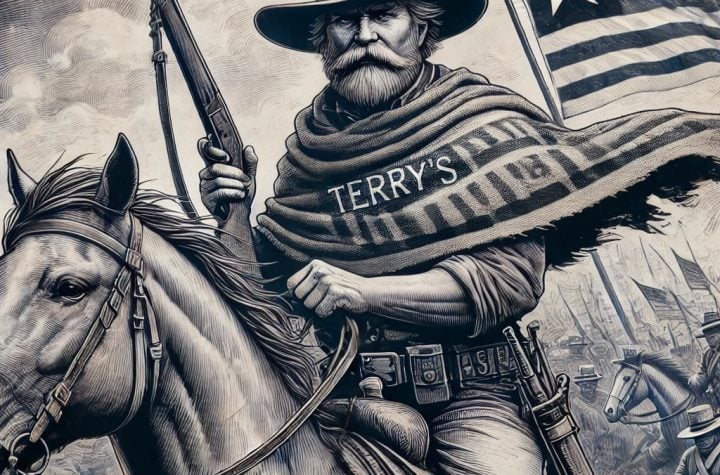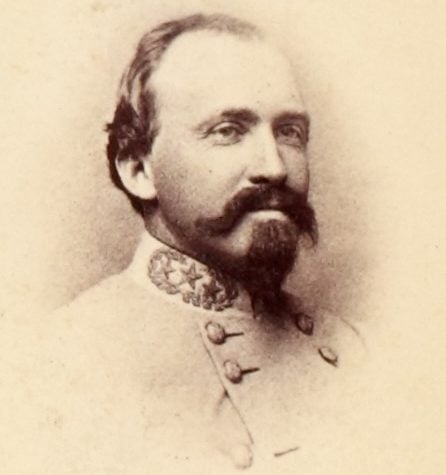Many have heard of the U.S. Army’s use of camels in the old west, well before the Civil War. In the 1850’s, as the first American settlers started moving west, they realized their horses and mules weren’t cut out for the long, dry journeys between water sources. Many settlers wanted to find a different animal.
What you may not know is that it was Jefferson Davis who played a vital role in camels coming to America. He was the first to encourage the U. S. to use camels while he was serving in the US Senate in 1855. He persuaded a skeptical Congress to to appropriate $30,000 to fund a purchase. A ship brought them from (the modern countries of) Algeria, Tunisia, Egypt and what’s now Turkey.
By the time of the Civil War, there was a camel named “Old Douglas” who had somehow made his way east to Mississippi, joining up with the 43rd Mississippi Regiment. The men didn’t know anything about camels, and tried to keep him on a tether like a horse. But no rope could ever hold “Old Douglas,” and eventually the soldiers learned to just let him graze freely. That was no problem because he was never far from the men. But the Infantry’s horses feared “Old Douglas.” It is recorded that one day he spooked one horse into starting quite a stampede.
Besides acting a mascot, “Old Douglas” served the Confederate regimental band, carrying their instruments and supplies. But wherever the 43rd went and whatever battles it fought, there was “Old Douglas.”
Old Douglas’s first active service was with Gen. Price in the Iuka campaign. Later he was present at the 1862 Battle of Corinth and stayed with the regiment until the Siege of Vicksburg. Here a battalion of Union sharpshooters were ordered to shoot “Old Douglas”. So enraged at his murder, the men swore to avenge him. Col. Bevier enlisted six of his best snipers, and successfully shot the culprit, severely wounding him.
Good “Old Douglas” served the Confederate cause well and has the honor of his own grave marker at Cedar Hill Cemetery, in Vicksburg, Mississippi.
Historians and Civil War Re-enactors recognize the significance of the history of camels in America. The Texas Camel Corps is an active group with the mission of promoting the stories of camels, like “Old Douglas,” used during the Civil War.
Members of this group say that some things we believe about camels are not true:
“They aren’t mean, they don’t spit (it’s the camel’s cousin, the lamas, who spit), and they’re every bit as smart as a horse – if not smarter.”




More Stories
General Dwight D. Eisenhower’s Reflection on Robert E. Lee
Sad Woke Charlottesville liberals Melt down infamous statue of Robert E Lee
NC Appeals Court rules for Town of Louisburg in removal of Confederate monument